BOOK
A JOURNEY IN SERVICE BY IBRAHIM B. BABANGIDA
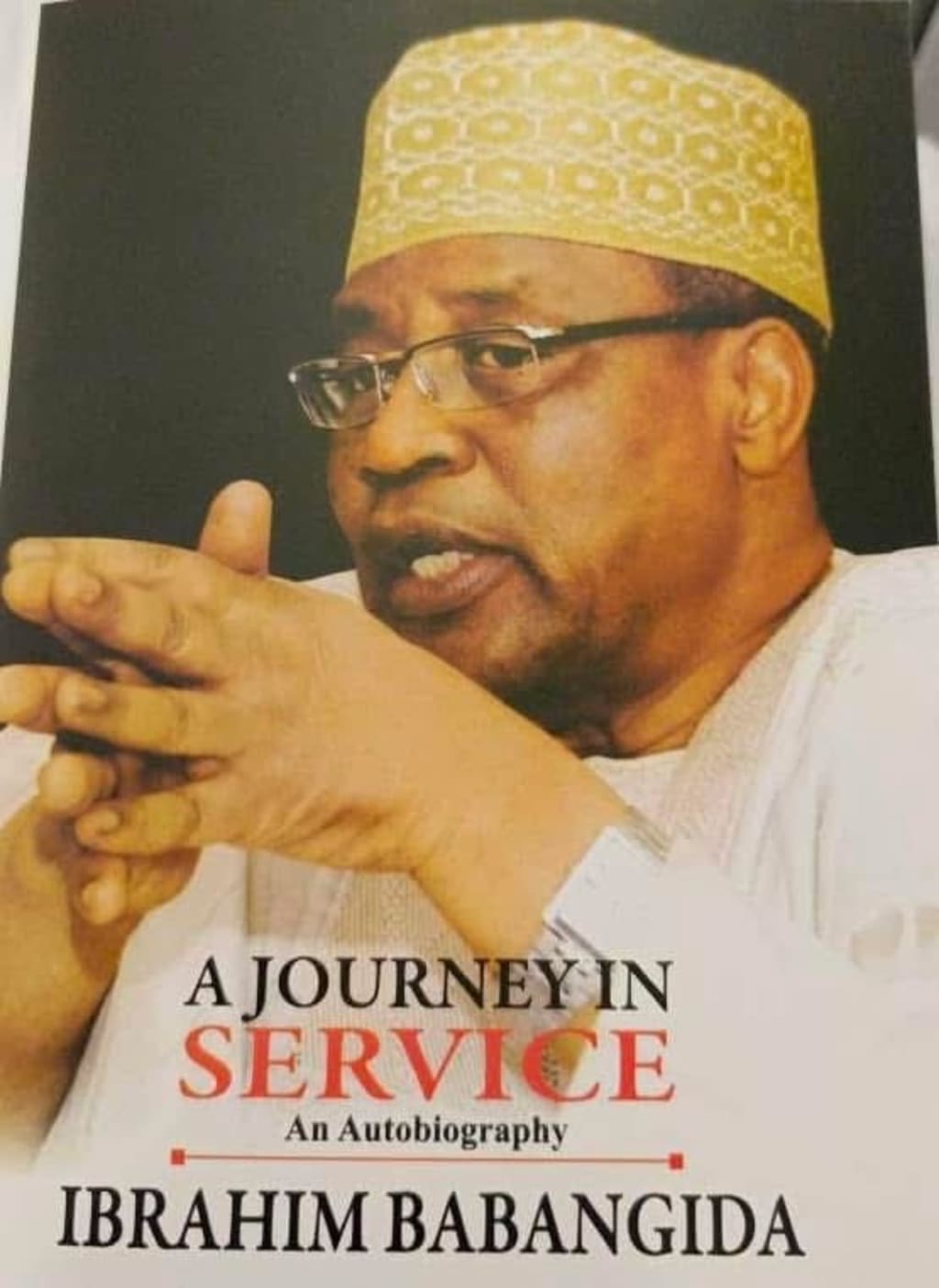
GENERAL IBRAHIM BADAMASI BABANGIDA was born in Minna, Niger State, on August 17, 1941. After attending Bida Secondary School between 1957 and 1962, with such classmates as Abdulsalami Abubakar, Mohammed Magoro, Sani Bello, Garba Duba, Gado Nasko,
and Mohammed Sani Sami, he joined the Nigerian Army on December 10, 1962, when he attended the Nigerian Military Training College in Kaduna. He also studied at the Indian Military Academy, the Royal Armoured Centre in the United Kingdom, and the United States Army
Armour School.
Amidst the tumultuous Nigerian Civil War, Ibrahim Babangida emerged as a beacon of resilience and leadership. Serving as a critical figure in the 1st Division under General Mohammed Shuwa, he commanded the 44th Infantry Battalion, showcasing his strategic prowess. His unwavering dedication to his country was evident when he was wounded at the Okigwe front in 1969, a testament to his courage and commitment.
After the military coup that replaced the civilian government of Shehu Shagari with a military regime led by Major General Muhammadu Buhari, Ibrahim Babangida assumed the role of Chief of Army Staff. However, he became increasingly dissatisfied with the Buhari government’s policies and leadership style, which he believed were detrimental to the nation’s progress. This dissatisfaction eventually led to its ouster in 1985, and he took office as the military President. Confronted with the daunting task of addressing the economic and social challenges that had plagued previous governments, Babangida embarked on a series of significant reforms.
He negotiated an agreement with the International Monetary Fund (IMF) and accepted World Bank loans, leading to the devaluation of the Naira. To mitigate the impact of these new economic policies at the grassroots level, he introduced measures such as MAMSER and the People’s Bank. He spearheaded the creation of 13 new states of the federation, a testament to his commitment to inclusive governance. On the political front, he created two main political parties, the National Republican Convention (NRC) and the Social Democratic Party (SDP), to promote a two-party system and democratic governance.
However, his pledge to return Nigeria to a civilian government was not realised following the controversial annulment of the presidential elections, which Moshood Abiola of the SDP appeared to have won. In the wake of ensuing civil unrest and pressure from various factions, Babangida decided to step down from the government, paving the way for an interim government headed by Ernest Shonekan. Ibrahim Babangida was happily married to Maryam Babangida, who died in 2009. The marriage was blessed with four children. Now 83, Babangida lives in retirement at his home in Minna.

-

 News10 months ago
News10 months agoNUJ FCT Council Mourns The Loss of Senior Journalist, Isaiah Abraham
-
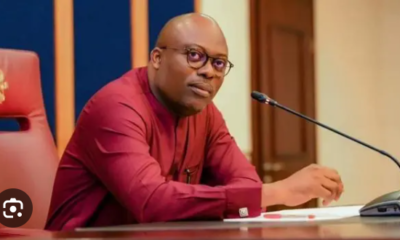
 News10 months ago
News10 months agoHURIWA Declares Governor Fubara’s Emergence as Divine, Urges Support for Rivers State’s Progress
-
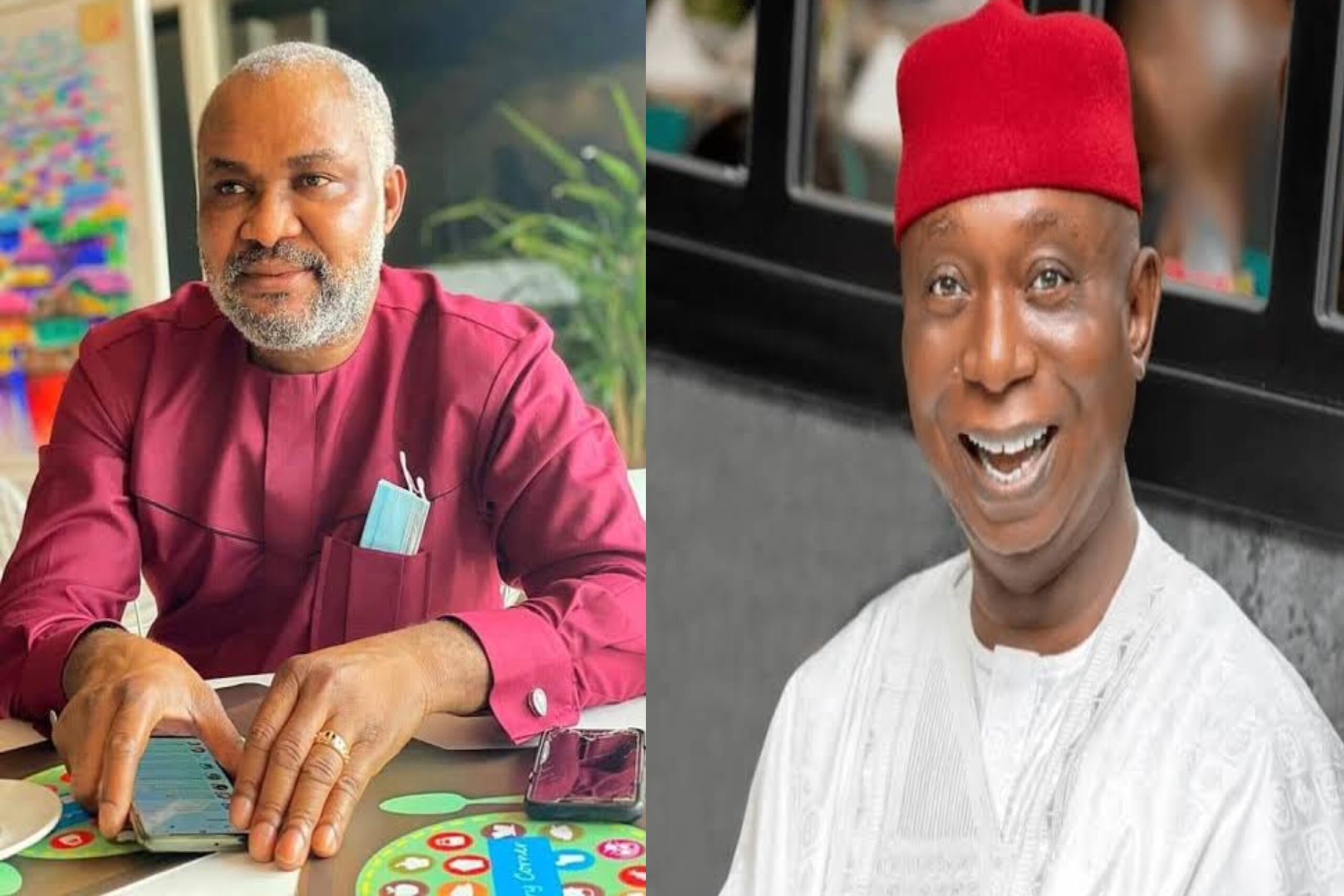
 News10 months ago
News10 months agoAnioma State as panacea to South-East marginalization – By Emmanuel Onwubiko
-

 Opinion8 months ago
Opinion8 months agoNIGERIAN WOMAN IN DIASPORA, CULTURAL SHOCKS – By Stacey Ukaobasi Onwuegbuchulam
-
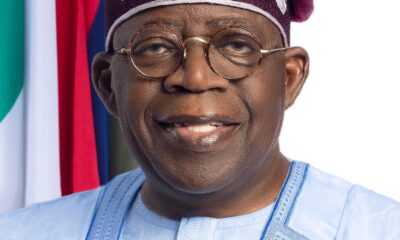
 News11 months ago
News11 months agoHURIWA Blames Serial Stampedes on Weaponized Poverty, Warns of Nigeria’s Rapid Decline
-
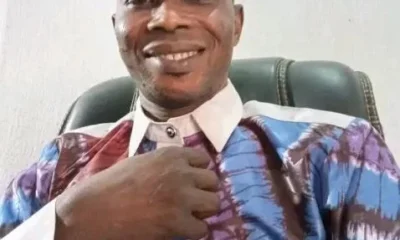
 News10 months ago
News10 months agoJealous Husband Stabs Nigerian Bishop To Death Over Suspicion Of Sleeping With Estranged Wife
-
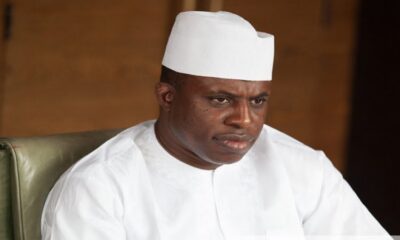
 News10 months ago
News10 months agoTinubu sympathizes with ex-speaker Bankole on the death of his mother
-
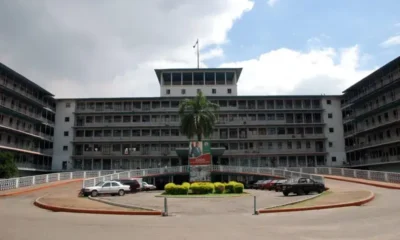
 Health8 months ago
Health8 months agoA complete list of 154 healthcare facilities across Nigeria that provide free emergency obstetric care and VVF (Vesico-Vaginal Fistula) surgeries.
